Understanding prefixes Normal Grammar Worksheets for Ages 5-8
6 filtered results
-
From - To
Unlock the power of language with our "Understanding Prefixes" Normal Grammar Worksheets, designed for children aged 5-8. These engaging and interactive resources help young learners grasp the concept of prefixes, essential for expanding vocabulary and enhancing reading skills. Kids will explore fun activities that include identifying, matching, and using prefixes in words, making grammar both enjoyable and educational. Perfect for classroom use or at-home learning, our worksheets promote critical thinking and creativity, laying a strong foundation for future language success. Dive into the world of prefixes today and watch your child's confidence in writing and comprehension grow!
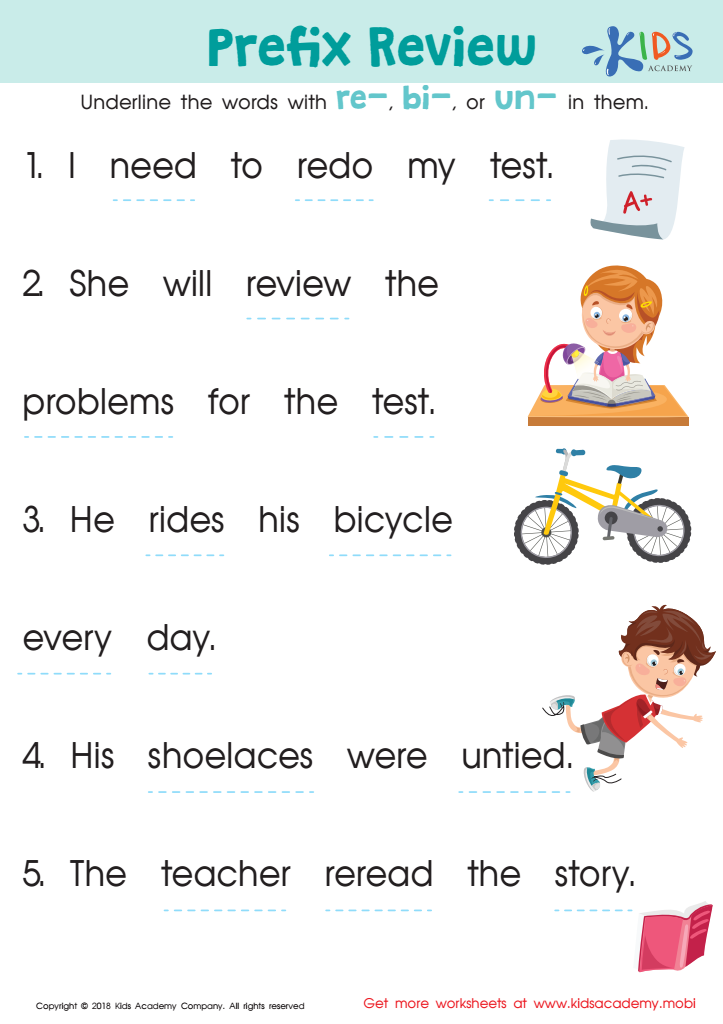

Prefix Review Worksheet
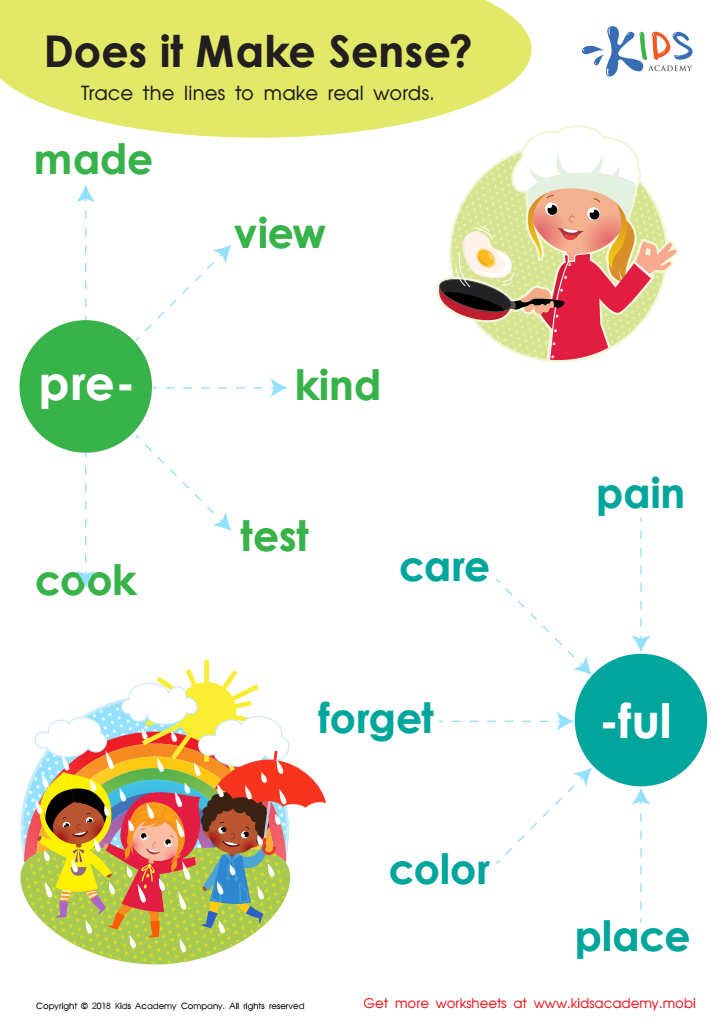

Prefix pre– and Suffix ful– Worksheet
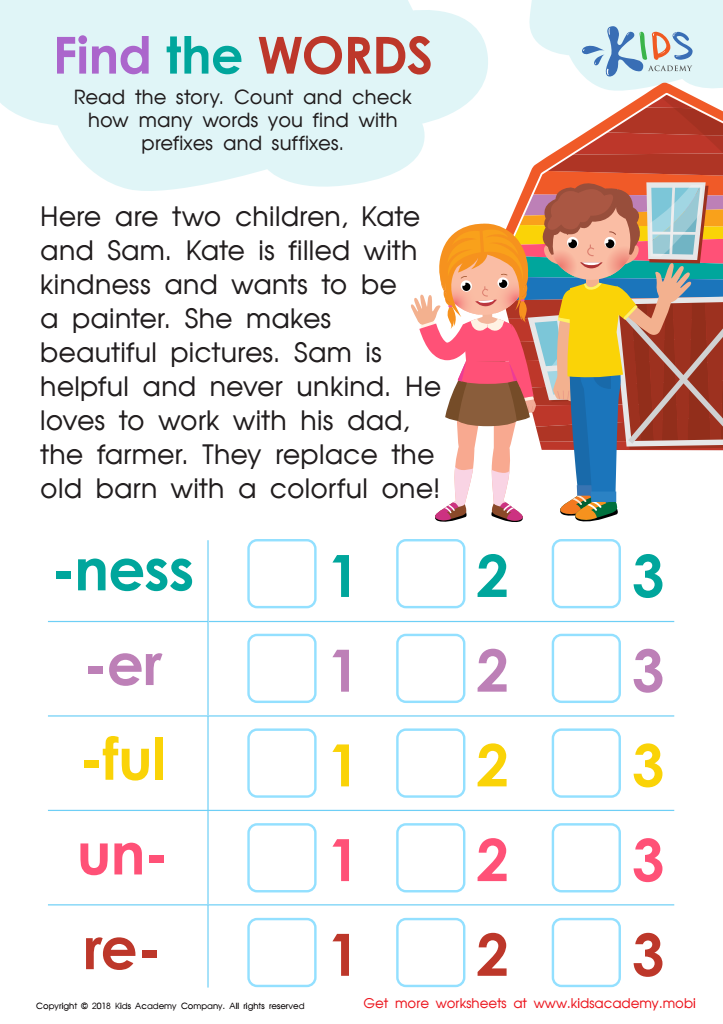

Prefix and Suffix Worksheet For Grade 3
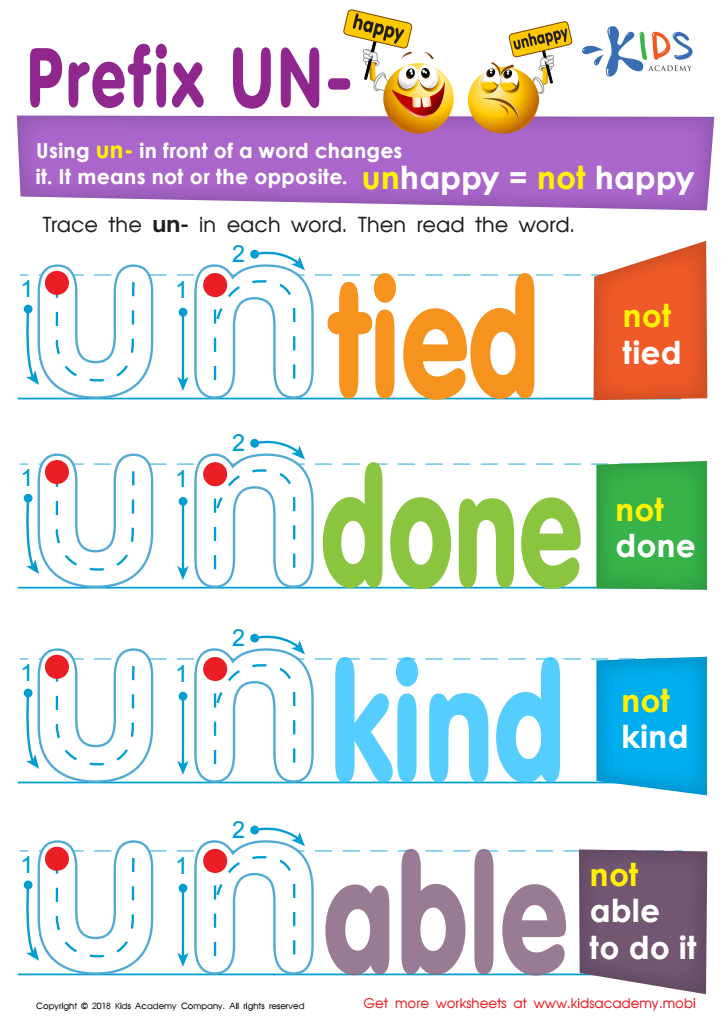

Prefix Un- Worksheet
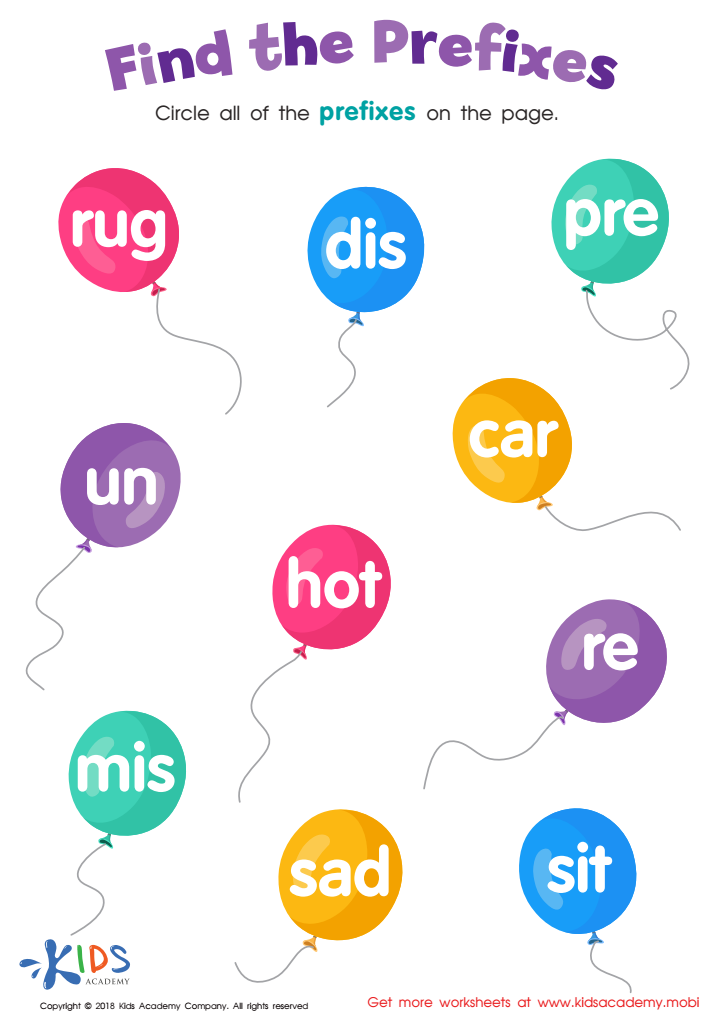

Reading: Find the Prefixes Worksheet
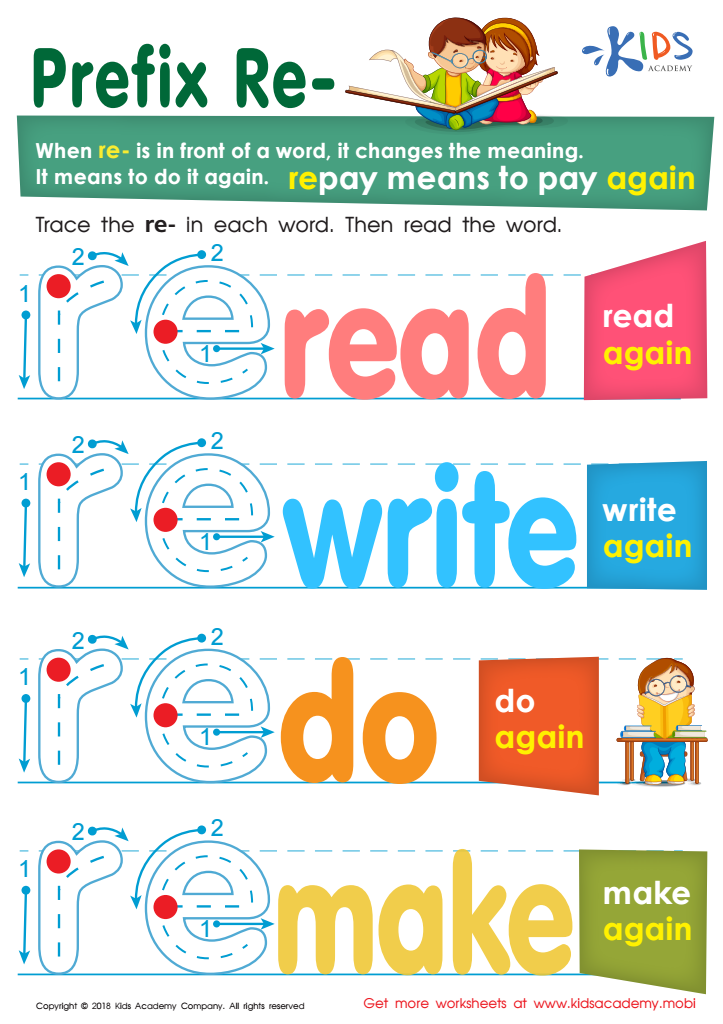

Prefix Re- Worksheet
Understanding prefixes is essential for children aged 5-8 as it lays the groundwork for vocabulary development and enhances reading comprehension. Parents and teachers should care about teaching prefixes early because they are a fundamental part of word formation, allowing children to decipher the meanings of new words. For instance, when a child knows the prefix "un-" means "not," they can easily understand that "happy" becomes "unhappy.”
Teaching prefixes also strengthens critical thinking and language skills. As children grasp how prefixes modify words, they start to make connections between different terms and their meanings. This enables them to expand their vocabulary progressively, which is crucial for effective communication and literacy.
Moreover, understanding prefixes in the context of normal grammar aids in building a child’s confidence in both spoken and written language. It empowers children to experiment with language, fostering creativity in storytelling and writing. Furthermore, a solid foundation in grammar and vocabulary prepares children for future academic challenges, ensuring they engage successfully in more complex subjects in later grades.
In essence, prioritizing prefixes not only enhances language skills but also promotes a deeper love for learning and exploration of language in young children.
 Assign to My Students
Assign to My Students
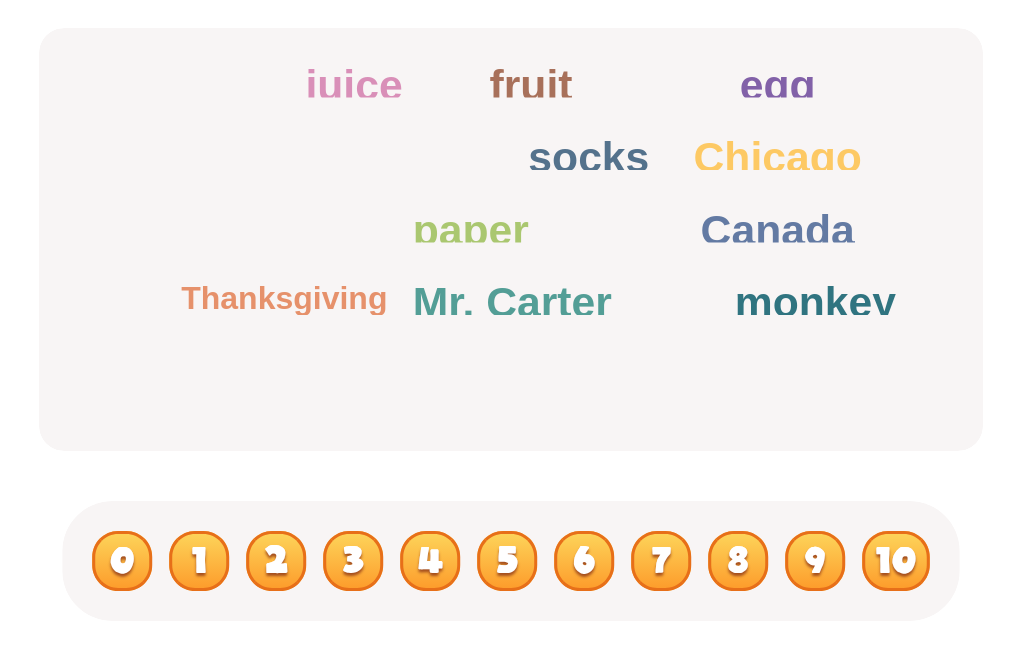
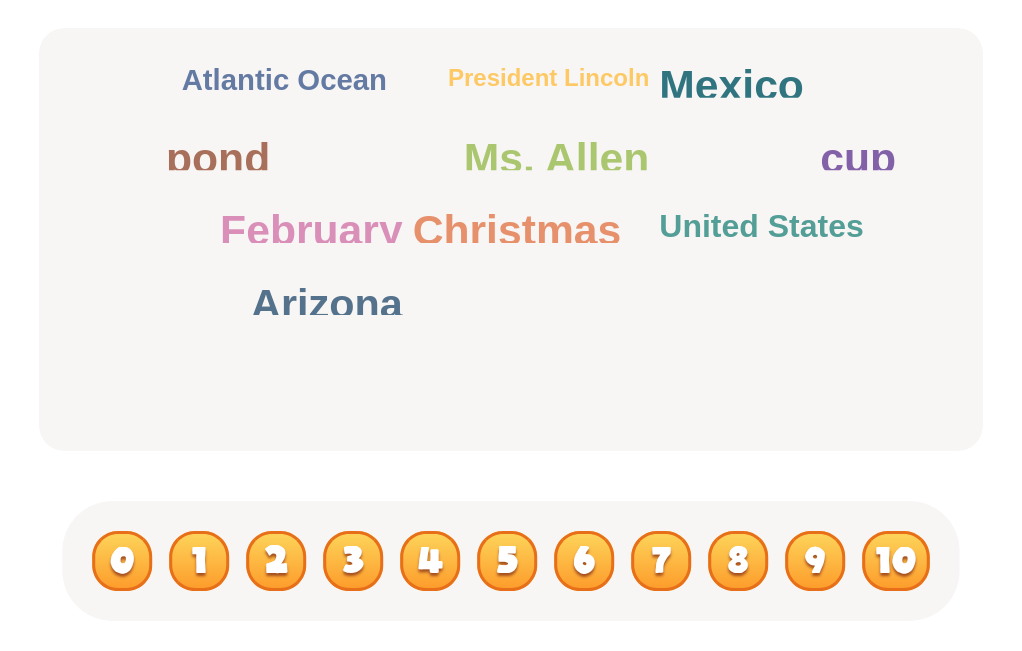
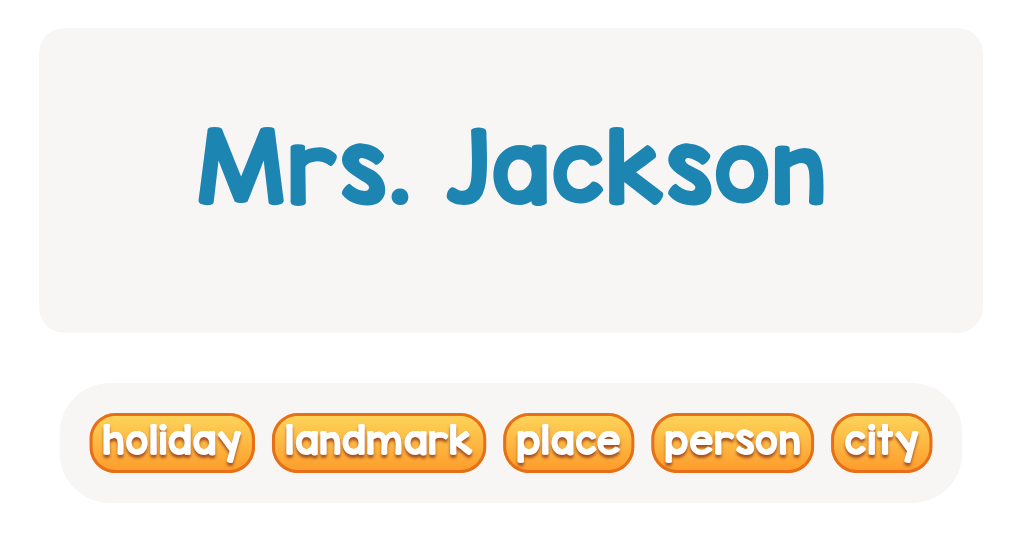
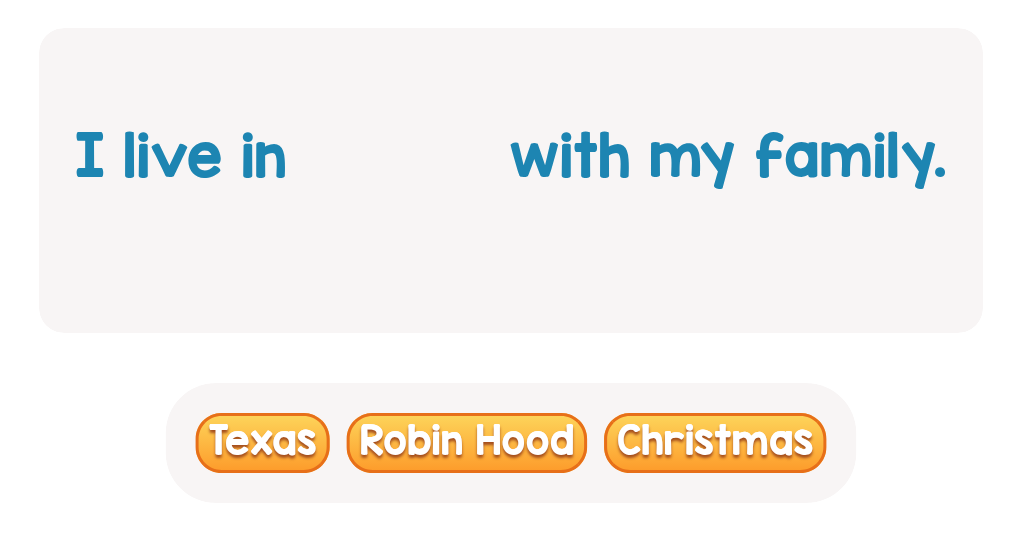

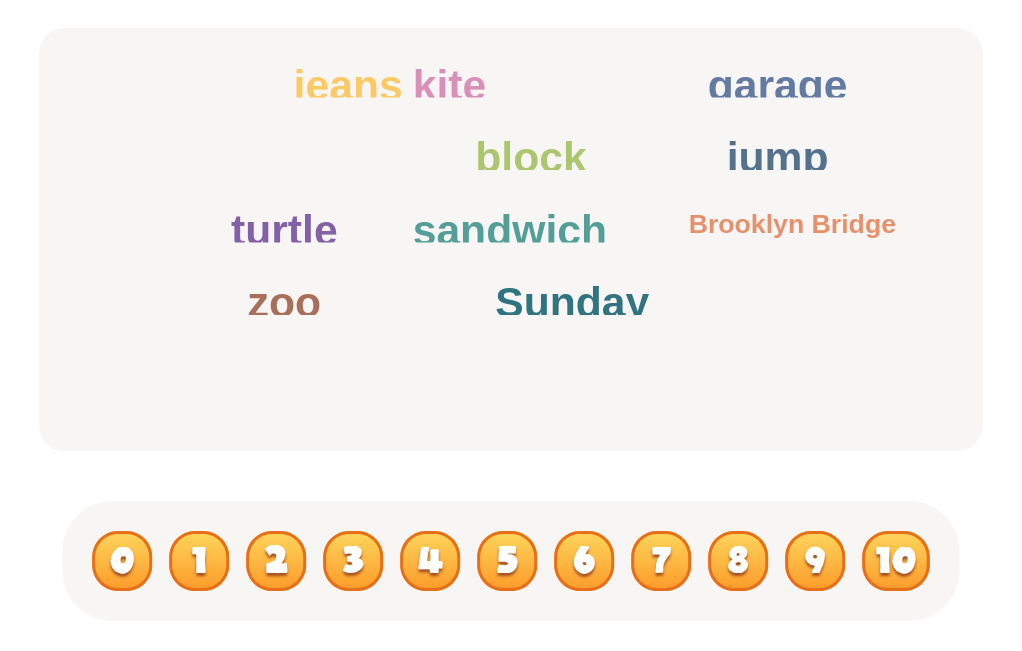
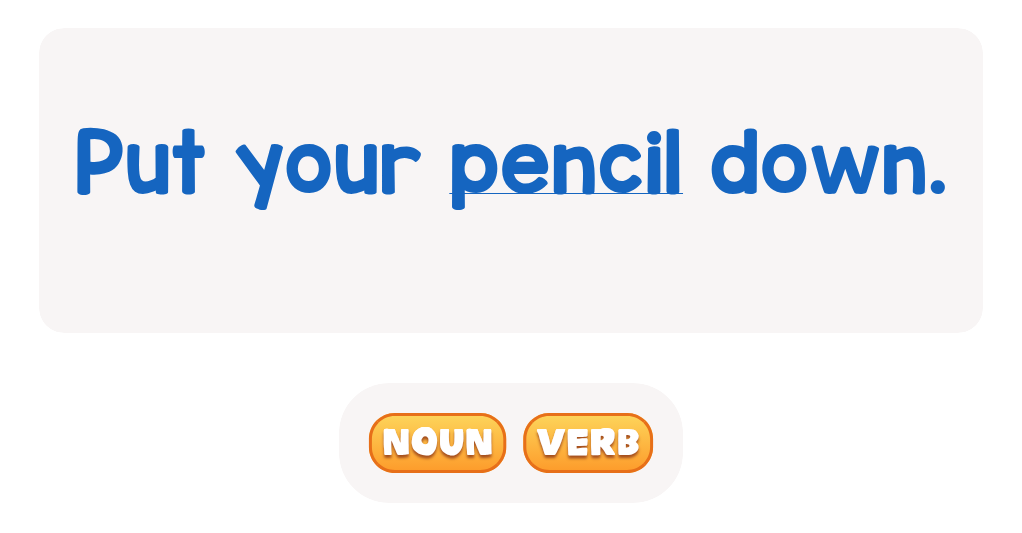
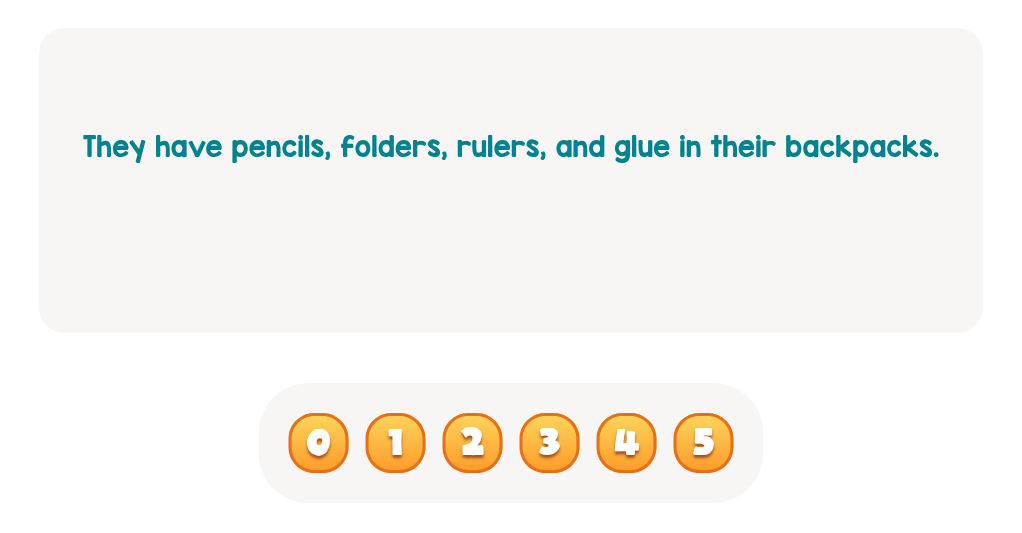
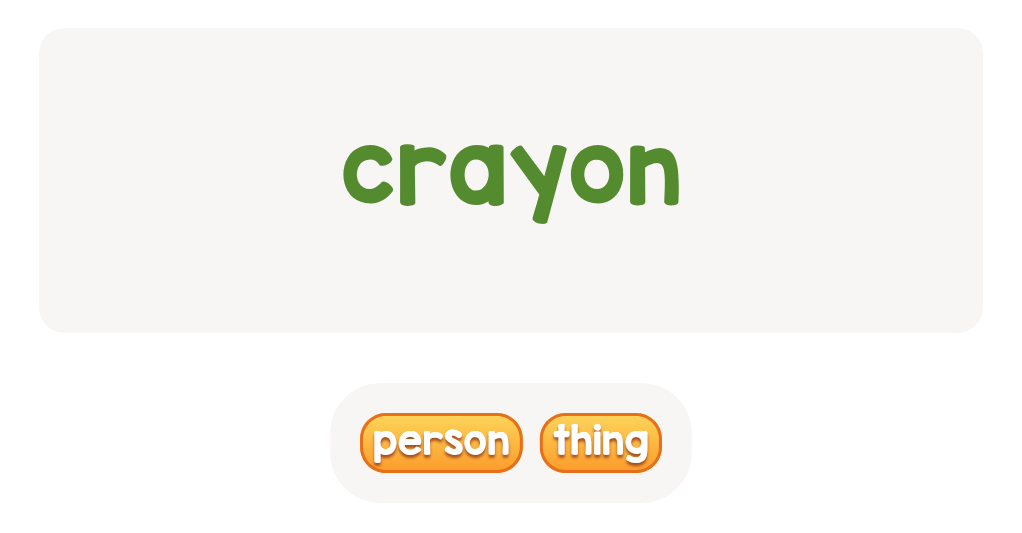
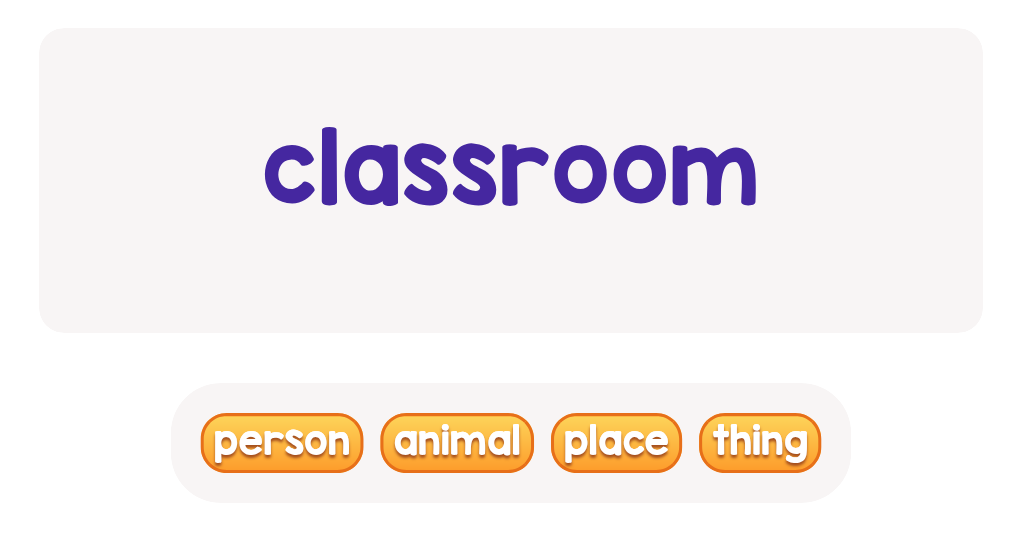



.jpg)













